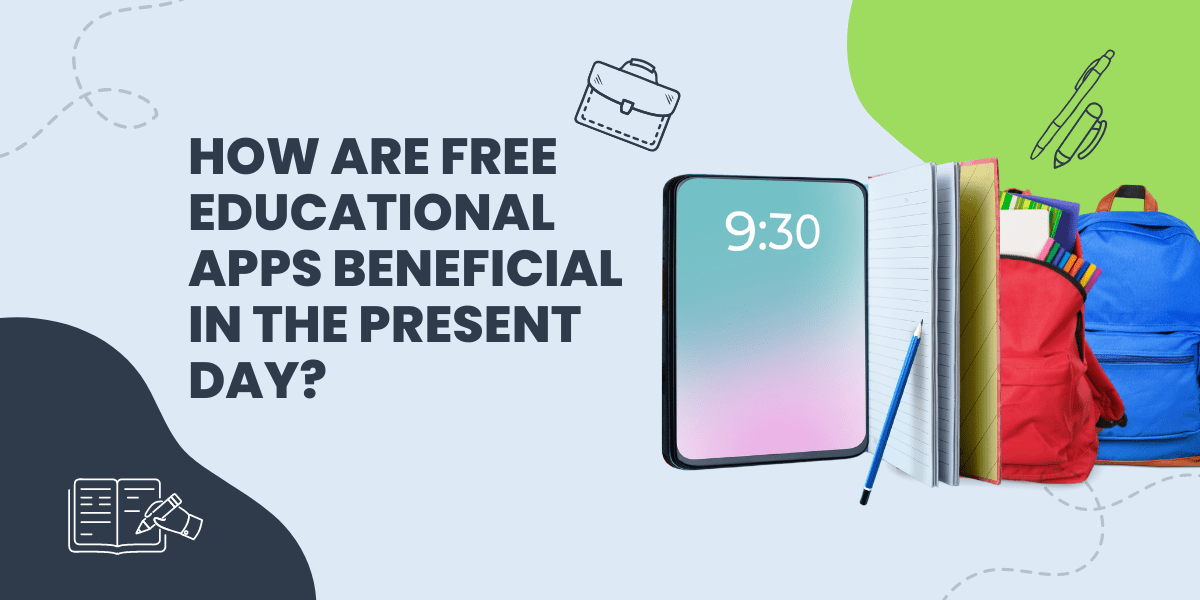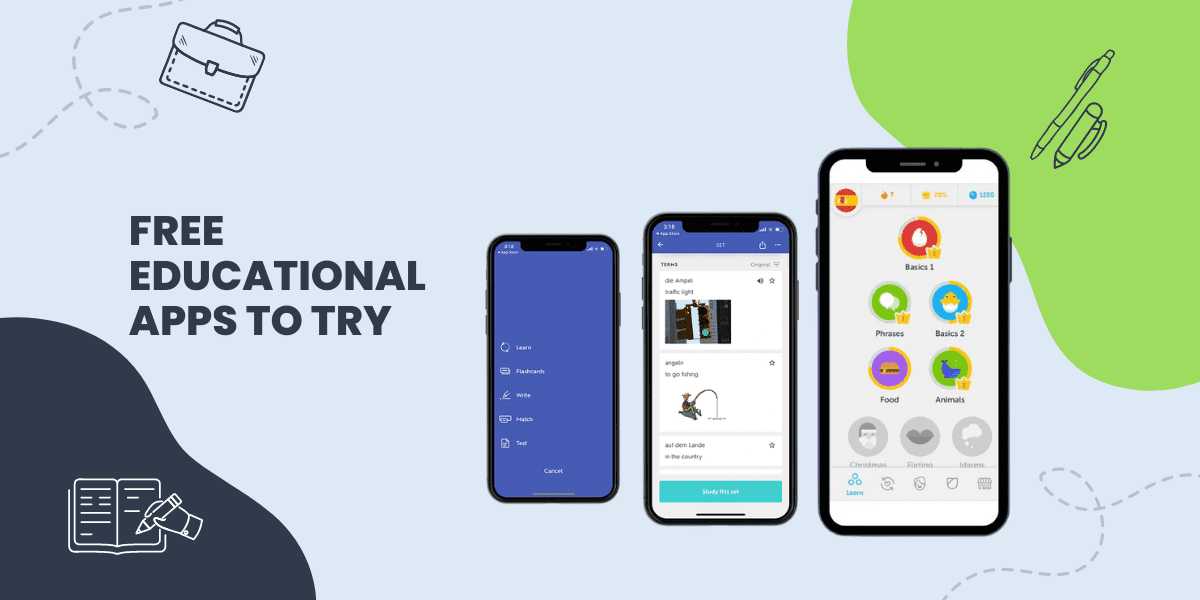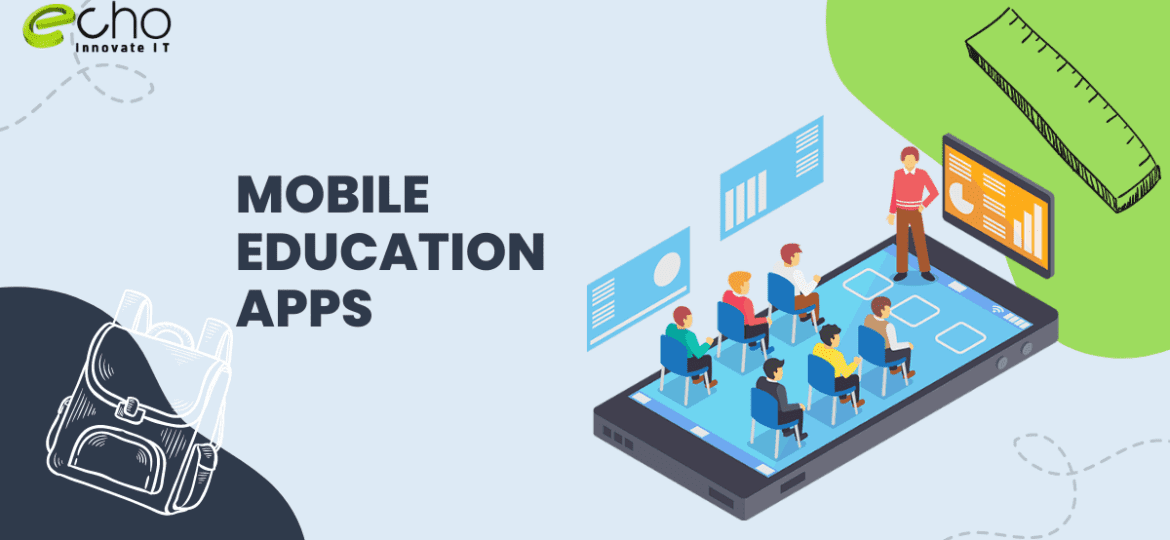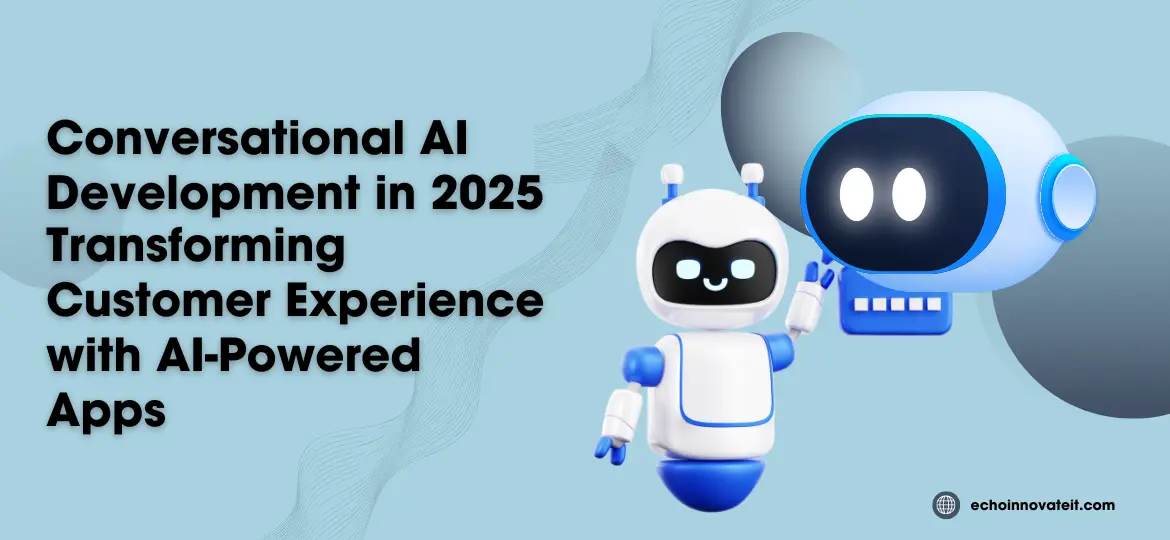Mobile app development continues to reshape the education landscape. Android and iOS apps—accessible on smartphones, tablets, and even wearables—have become the foundation of modern e-learning, delivering on-demand access to interactive courses, virtual instructors, and personalized content. The shift toward mobile-first learning strategies ensures that students and professionals can learn anytime, anywhere. Features like push notifications, offline access, and Progressive Web App compatibility make these platforms reliable even in low-connectivity environments.
Personalized, Adaptive, and AI-Powered Learning
Today’s e-learning mobile apps are powered by artificial intelligence and machine learning, enabling personalized learning journeys. These systems adapt course difficulty, suggest relevant resources, and provide targeted feedback based on a learner’s progress. This AI-driven personalization keeps learners motivated and helps them achieve better results in less time.
Immersive Tech: VR, AR, and Gamification
Augmented reality (AR), virtual reality (VR), and gamification are now key features in high-performing e-learning apps. AR brings subjects to life with interactive 3D models, while VR offers immersive simulations for fields like medicine, engineering, and vocational training. Gamified elements such as leaderboards, badges, and challenges increase motivation, making learning more engaging and rewarding.
Accessibility and Inclusive Design
The best mobile education apps are built with accessibility in mind. They include features like text-to-speech, adjustable font sizes, high-contrast modes, and screen-reader compatibility to ensure that learners with different needs can access content without barriers. This focus on inclusivity ensures equal opportunities for all learners, regardless of physical or cognitive differences.
Blended Learning and Flexible Delivery Models
Blended learning—combining mobile app instruction with live, in-person sessions—has emerged as one of the most effective education models. This hybrid approach delivers the benefits of self-paced mobile learning alongside real-time collaboration and interaction, leading to higher retention rates and stronger learning outcomes for both academic and corporate training.
Real-World Innovation: Emerging Platforms
Innovative platforms are redefining the way we think about education. New app-based marketplaces connect students with specialized educators, niche learning communities, and alternative schooling options. These mobile-first ecosystems provide personalized, on-demand learning experiences that go beyond traditional classrooms.
How Are Free Educational Apps Beneficial in the present day?

Apps for education may make many of your chores easier and save you a great deal of time. Visiting the library and picking books is no longer a problem for data collecting. Similarly, there is a digitization wave in education that is altering the trend in education. The increasing popularity of educational applications for kids is due to their unique ability to make learning enjoyable for pupils.
E-learning Mobile App Development Can Contribute to Enhanced Educational Achievement
Shortcuts
Mobile education apps may enhance learning retention and, therefore, academic success. There is no educational hierarchy when it comes to app-based learning. Using mobile educational apps for kids may have access to any kind of material, even if it is not on their curriculum. If they choose, they may even learn from higher standards. In addition to classroom instruction, individuals may look for whatever kind of knowledge they choose. Students’ informational appetites are being whetted through mobile learning applications.
Changing Educational Landscape
E-learning mobile app development has not only altered the method of information acquisition and retention, but also set a new benchmark against which future development will be assessed. The most effective educational applications will continue to be widely available to all users. Students may effortlessly monitor lectures and stay current with their curriculum with the app. Students are now able to conveniently obtain knowledge on a variety of disciplines through mobile applications, reducing their workload. If they are unable to comprehend it the first time, they may repeat the lesson.
Personalized attention
Twenty or thirty students in a class makes it challenging for a teacher to know exactly where each student is in terms of having mastered all of the material. This, in turn, might cause students to lose interest in what they’re being taught. In addition, it might be challenging for learners to keep up with the instructor’s rapid pace. As a result, this is where education applications come in handy. The benefit of using apps for education is that it can be customized for each individual learner. Free educational apps for kids allow for personalization, rather than a one-size-fits-all approach that is less likely to be effective. When used properly, applications may help children get the individualized care they need.
Holistic Development
Learning relies heavily on student participation and interaction. Students will need extra time to learn if they are not actively participating in class or reading assigned materials. As a result, it’s more likely that students will engage with one another online, and listen to and value the points of view of their peers. Interpersonal skills are essential in the working world, and this helps students develop such abilities. Free educational apps for kids are often created with an intuitive UI and sleek style. Developers of these education apps make sure that users are not becoming bored. The aim is for children to learn independently, and entertaining apps for education may help them to achieve that.
E-learning Mobile App Development Can Enhance Cognition
Education apps directly address the psychology of students, allowing them to comprehend and retain material from a new viewpoint. Despite the importance of extracurricular activities for youngsters, apps for education may help foster intellectual curiosity and improve memory. By providing users with difficult assignments, riddles, and instructional games, the application helps their comprehension. The majority of pupils prefer the audio-visual method of instruction. This novelty in the cosmos of learning excites and motivates people to study. In general, mobile learning applications have shown potential for boosting student retention and, eventually, graduation rates.
Multimedia Capabilities Improve Understanding of Complex Subject Matter
The diversity of these educational applications is really astounding. Whatever topic you choose to study, whether it is a language, history, or mathematics, there are currently several applications accessible for you. The majority of educational applications are compatible with both smartphones and tablets. Teachers may also make video projects for their virtual classrooms using mobile learning applications. To make complex subject matter more accessible to students, professors may also create video series.
Enhancing Student Engagement Through Interactivity
E-learning mobile app development makes sure the apps are interactive and need considerable student participation, in contrast to traditional learning methodologies. This results in a learning experience that is less passive. Apps may assist students in gaining more from their classes by fostering more interactivity. Teachers will have additional opportunities to engage kids as more complex applications become available.
Environment-friendly education
In the 21st century, the globe is being swiftly consumed by climate change. There are a lot of factors contributing to this escalating climate change, such as industrialization and deforestation. Additionally, the extensive usage of paper is the leading source of deforestation. The usage of mobile applications in education, on the other hand, may reduce the need for hardcopy instructional materials, so conserving paper.
Free Educational Apps To try
Explore these free educational apps to try, offering a diverse range of knowledge-enhancing experiences. From interactive language learning to STEM challenges, discover innovative Educational App Ideas that cater to various interests and learning styles.

Quizlet
Teachers may find relevant material for their lessons from the millions of study sets available on Quizlet. You can find study packages produced by other instructors that cover precisely what pupils need to save time. With the Quizlet app, it is simple to locate materials for any topic and any grade level. Utilize engaging and interactive flashcards, games, and diagrams to review any topic with the free educational apps for kids.
Khan Academy
Khan Academy consistently ranks first among the finest free educational applications for kids. The objective of the application is to deliver a free, world-class education to all inquisitive minds worldwide. We must confess that they are delivering it rather well. Creating an app like Khan Academy would really be beneficial for an edtech company.
Scribd
Learning may take numerous forms and be accomplished via a variety of mediums. Scribd provides access to a vast library of audiobooks, periodicals, news stories, sheet music, and other published resources, allowing you to increase your knowledge in a variety of fields.
EdApp
EdApp is a superior mobile learning management system created for modern digital habits, offering more interesting and effective micro-learning directly to learners whenever and wherever they are. It is an efficient, free educational app for kids that integrates scientifically supported cutting-edge features, such as microlearning and gamification.
Conclusion
E-learning mobile app development initiatives enhance retention rates among students and new workers by 25% to 60%. Over 45% of primary school kids utilize at least one digital learning tool daily.
E-learning is a rewarding experience due to the use of AI, data visualization, process and task automation, online evaluation, and flexible scheduling. It provides daily value to millions of students. Apps for education have the potential to change the paradigms of knowledge transmission. Exceptional instructors will have access to a worldwide platform, while poor trainers will be marginalized. Unlock the full potential of e-learning with white label app development for your education app.
If you want to make an app for education, you need to employ the finest education app development company like Echoinnovate IT, which has highly competent mobile app developers who can advance your app concepts.
FAQs
What are education apps?
The term “education app” refers to a piece of mobile software meant to facilitate remote learning of any type.
How long does it take to build an education mobile app that is completely functional?
A simple version of a mobile app may take up to three months to design, but a complicated one can take over nine months.
What are the benefits of free educational apps for students today?
Free educational apps save time and simplify access to resources—no more library visits or traditional textbooks. They make learning enjoyable and personalized, enabling students to explore content beyond standard curricula and learn at their own pace.
How do e-learning apps enhance academic performance?
By leveraging mobile learning (m-learning), these apps improve retention through spaced repetition, micro-learning modules, and on-demand access—leading to better learning outcomes and academic achievements.
In what way do Android and iOS apps personalize learning experiences?
Modern e-learning apps employ AI and ML to adapt content in real-time, delivering personalized learning journeys tailored to each user’s progress, preferences, and abilities—raising engagement and effectiveness.



